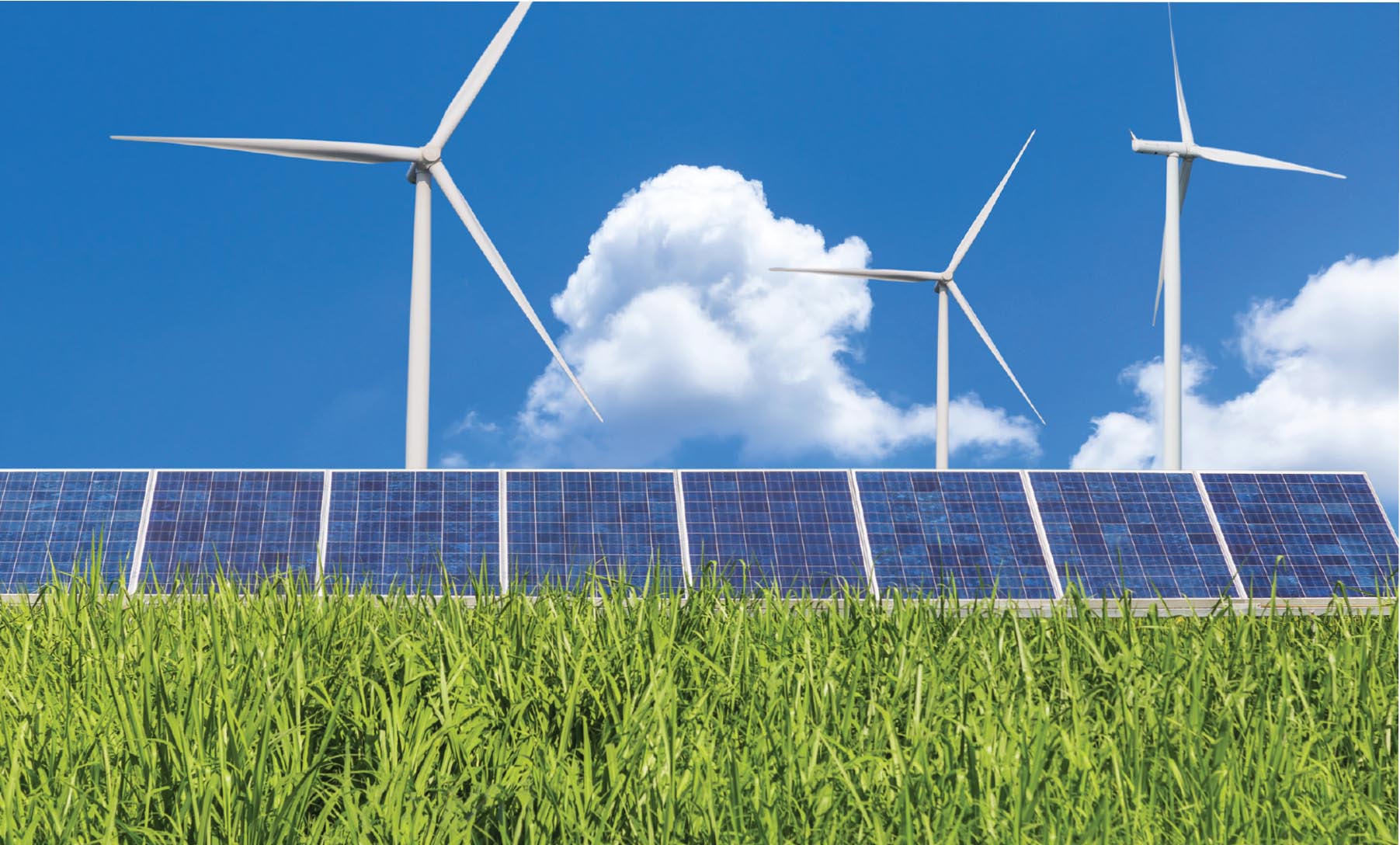Aurora Energy Research projects that the Guarantees of Origin (GO) market will soar to 3.7 billion €in 2030 alone.
• Report underscores significant growth in both demand for and supply of GOs, although the regulatory environment will be a key determinant of how the market evolves.
• Shifting to a system of hourly GOs could increase revenues for renewables assets from GOs by at least 33%.
OXFORD (AURORA ENERGY RESEARCH)—The Guarantees of Origin (GO) market is expected to grow substantially, with estimates projecting reaching a size of 3.7 billion € by 2030 and GO cancellations expected to increase by more than 80% since 2022, a comprehensive study by Aurora Energy Research, the world’s largest dedicated power market analytics provider, suggests.
While these certificates are primarily sourced by electricity consumers as part of their strategic efforts or green targets, Aurora assesses that GOs will also play a pivotal role in facilitating the transition to green hydrogen. Demand is particularly strong from corporate off-takers in Germany, France, and Italy, which together comprised 50% of total GO cancellations in Europe in 2023.
On the supply side, Aurora identified a persistent undersupply of GOs in key markets including Germany, the I-SEM, Belgium and selected other markets, primarily attributed to local regulations that impose restrictions on subsidised renewable assets, preventing them from issuing and monetising GOs. At the same time, Aurora expects the share of GOs issued by hydropower assets—previously the largest provider of low-cost GOs to consumers across Europe—to drop from around 60% at present to 35% by 2030, as more renewables issuing GOs come online elsewhere in Europe.
Ryan Alexander, Research Lead at Aurora Energy Research, emphasised:
“We expect GOs to only gain importance over the coming years, as they are the EU’s main instrument to track the origin of electricity, and demand for them is growing. At the same time, there are deep regulatory and commercial uncertainties in this market, which will make it challenging for renewables developers and off-takers alike to navigate over the coming years.”
The future of granular GOs
Granular hourly GOs are crucial for accurate electricity usage tracking and green hydrogen production. EU regulation requires hourly GOs by 2030 as one of three ways in which domestically produced hydrogen can be claimed as green, making their implementation a central component of the energy transition. Jannik Carl, Research Associate at Aurora Energy Research, commented:
“If markets were to shift to a system of hourly and local GOs, revenues for Renewable Energy Systems operators could increase. When modelling Spain in 2030, we found a potential increase of GO revenues across technologies of at least 33% compared to the current annual system.”
In 2030, the Spanish market hourly GO prices are estimated to be 2.5 times as volatile as Day Ahead market prices in the same period, highlighting the risk to off-takers of committing to match 100% of their load profile to green generation on an hourly basis without a proper procurement strategy in place.
The benefits of high hourly GO prices in Spain would accrue to all types of renewables assets but particularly to hydroelectric assets, Aurora assesses, as they can more closely match the average electricity demand profile. As neither wind nor solar assets can flexibly adjust their production patterns, this highlights the role storage technologies could play in a world demanding 24/7 certification of green power consumption to reduce volatility.
Rebecca McManus, Senior Research Associate at Aurora Energy Research, commented:
“By opening up the GO market to batteries, regulators could create new revenue streams for battery asset owners, while driving costs down for consumers in the transition to 24/7 green power.”





